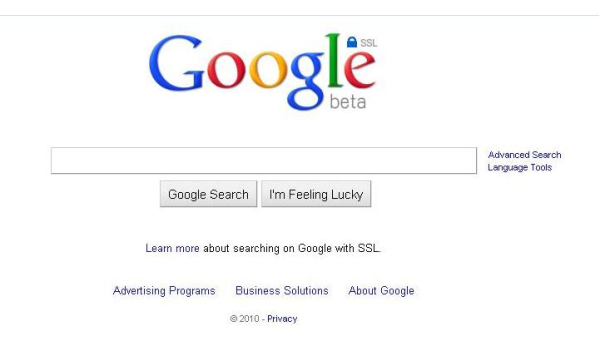IT Security Tips for Computer Applications
Update your software:
All current Microsoft operating systems come configured to perform automated updates. However, most of the applications that are installed on your computer do not. Keep in mind that every application you use poses a potential risk that could allow an attacker to gain access to your system or information. So, configure your software to check for updates frequently. If it can’t be automated, make sure you check for updates to your software. Whether it’s Adobe Reader, Apple iTunes, Sun Java, Mozilla Firefox, or the latest video game, new vulnerabilities are constantly being discovered and patches are routinely being released. Update everything and update frequently.
If you don’t need it, uninstall it:
Every application you have on your computer represents a potential vulnerability, or a way for an attacker to gain access. Consider your computer to be like a house and every application is like a window. When an application is vulnerable, it’s as if the window is open, allowing attackers easy entrance. Even when the window is close, i.e., the application is patched, the attacker can clearly see the window and can work to find a vulnerability that will open it up. If you don’t need an application, you should uninstall it. This is like removing the window and walling it in; there’s nothing there through which an attacker can even try to gain access.
Written by:
Ben Howard - MCSE, Security+, CCNA Security, NSA 4011
Senior IT Associate
NSK Inc.


